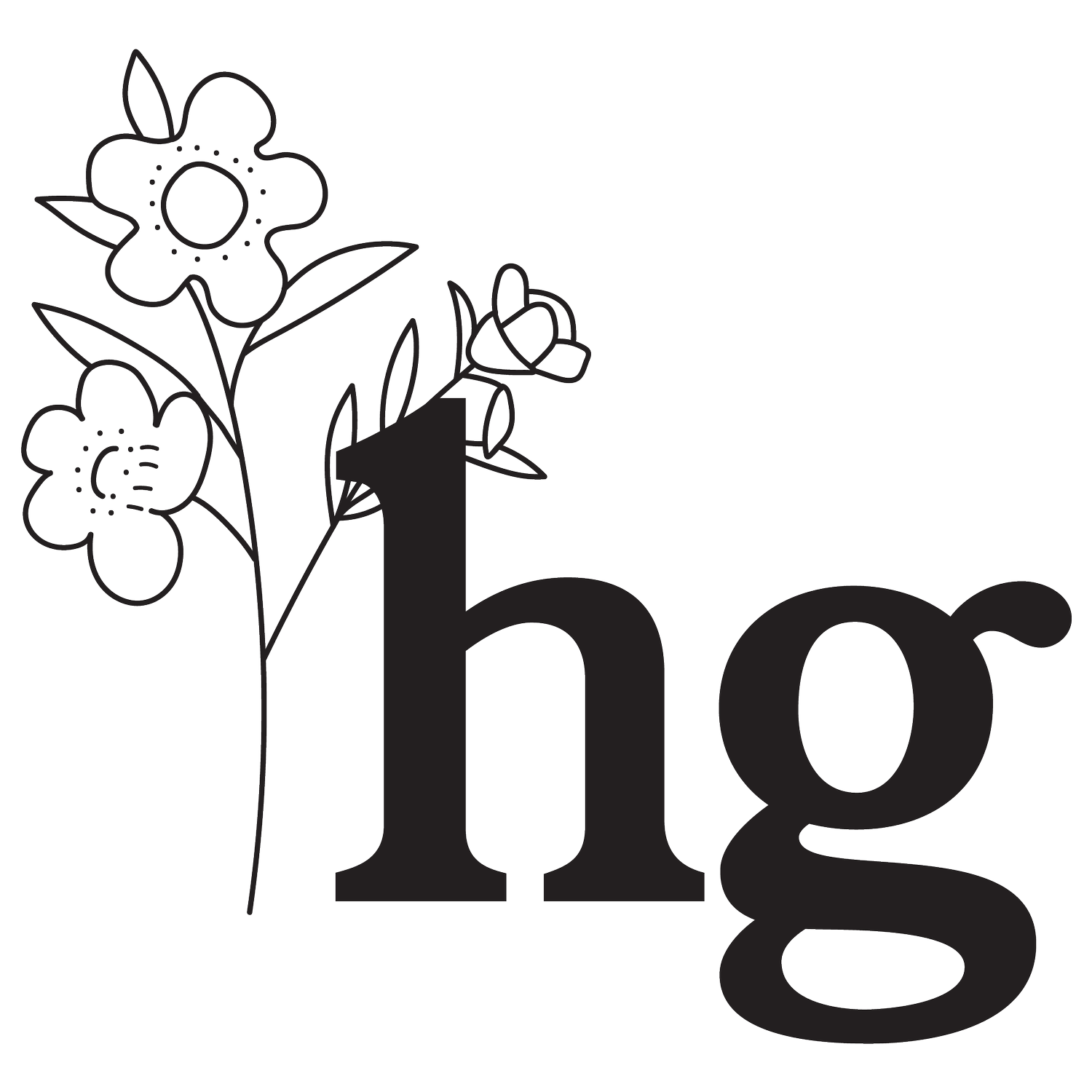Mental Health and the Healing Powers of the Outdoors
In honour of Mental Health Awareness Week, I wanted to explore the incredible benefits that nature and the outdoors can have for our minds. In an age when so many of us are experiencing anxiety, stress and exhaustion almost as a norm, reawakening our connection to nature might just be the tool we need to feel grounded and replenished.
Before we dive in, I want to acknowledge that, across the world right now, having access to nature and the outdoors is a privilege. For those living in densely packed urban environments, open green space might be a rarity, let alone the free time to enjoy them. We're also living at a time when much of the world is still in and out of lockdown restrictions, with not everyone able to have regular or easy access to nature. This article aims to demonstrate the important role the natural world plays in our collective wellbeing, in the hope that we can work towards a world in which everyone can experience its beauty and its benefits.
During our first lockdown here in Christchurch, I developed something of a daily ritual. I made it my mission to get out into the local park every single day. This initially started as part of a photography challenge, which I had created to encourage myself and others to find inspiration in our local environments each day. However, as the weeks went on, I started craving these excursions just for the walks themselves. For the quiet time spent sitting by the river, or walking through the park's gardens. These moments awoke something within me; a sense of presence and peace, which I otherwise struggled to find amongst all the uncertainty. I've since tried to keep up this habit, but sadly often find myself sidelining these walks when life gets busy.
Why does nature have such a calming effect on us? For one, spending time in nature has a measurable effect on our brain activity. The frontal lobe - a part of our brains that is very involved in our modern lives - deactivates slightly when we spend time outside (source). This part of the brain is also responsible for functions like decision making and future-planning, which is perhaps why, when we're in nature, we're often able to feel more "present".
Spending just five minutes in nature has been proven to boost mood (source), and we can observe decreased levels of anxiety, stress or anger with increased time in nature. From hiking to surfing, skiing to wild swimming, many of us are craving hobbies that take us away from urban environments and instead immerse us in the natural world. Some of these activities, especially the more adrenaline-fuelled ones, provide dopamine hits of their own, but what they all have in common is that they require an awareness of the landscape and forces of nature involved. I've often thought of surfing as a kind of moving meditation because of the way it forces you to be in the now; let your thoughts drift, and you'll be at the mercy of the waves.
But we don't have to engage in high-octane sports to benefit from the healing influence of the outdoors. You may have heard of forest bathing, or shinrin-yoku, a Japanese practice that has been gaining popularity and publicity in recent years. This is exactly what it sounds like - "bathing" in the sounds, sights, smells, feeling and event taste of a forest. It's important to walk, or sit and observe, without an aim, and definitely without devices (source). And you don't need to be nearby an ancient woodland for this practice; it can be done in a local park or garden. All you need is a tree. So widely recorded are the mental health benefits of shinrin-yoku that guided practices are now covered by health insurance in Japan and Korea (source: Sarah Wilson, This One Wild and Precious Life).
Here in New Zealand, a popular weekend activity is to load up a backpack and hike or "tramp" to an off-grid hut. These backcountry huts, many of which are owned by the Department of Conservation, are often hours deep into rainforest or mountain tracks, and blissfully far from any phone service or internet. Away from the bustle of every day life, there's a real sense of space, and a lightness to the interactions with fellow trampers at the huts. With no social media scrolling to distract them, groups swap stories of other routes they've hiked, play card games and cook simple meals over gas fires. People remark how good it feels to get away.
Being enveloped by vast, mountainous landscapes, or gazing out at a seemingly endless ocean, can make us feel very small. But not in a bad way; it reminds us that we are a part of something much bigger. It can be incredibly humbling, and maybe, just for a moment, our stress can melt away.
I'm a big believer in the that power nature has to help us to connect not only with the world around us, but with ourselves. While time spent outdoors should never replace the work of a qualified therapist or medication, where they may be needed, realising the benefits of just a few moments in nature can give us back a sense of control, in these otherwise uncertain times.


